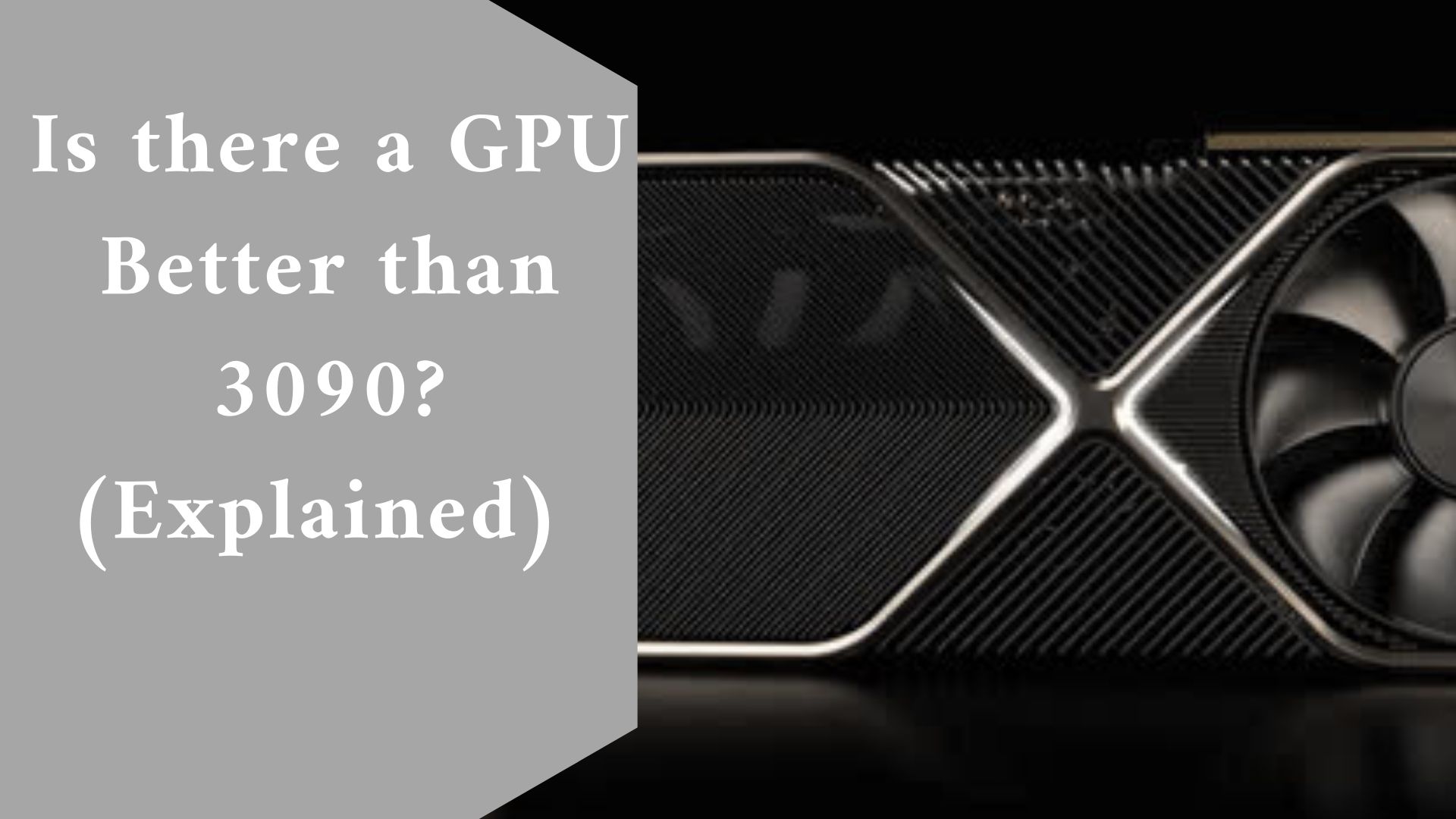On paper, there is no better GPU for gaming than the RTX 3090 Ti. However, with an MSRP of $2,000, this card has one of the poorest price-to-performance ratios. To make matters worse, buying a graphics card at MSRP is difficult in today’s market, thanks to scalpers and a global silicon shortage.
The Nvidia RTX 3090 Ti was announced in March of this year and offers the finest specifications of any gaming GPU, making it ideal for high-resolution and VR gaming. Until you consider the price, the top-tier graphics card is the strongest competitor on the market.
The 3090 Ti is one of the larger cards, measuring 325 mm in length and 150 mm in breadth and weighing 1.67 kg.
If you have a smaller cabinet, you will have a difficult time fitting this monster in. Furthermore, if you do not have a sufficient PSU capable of supplying 450W to the GPU alone, the card’s performance will be unsteady and cause additional issues.
The Nvidia RTX 3090 Ti has the following specifications:
- 10,752 CUDA cores
- 1.86 GHz boost clock
- 1.67 GHz base clock
- 24 GB GDDR6X memory
- 850 W of system power is required.
Even with such impressive specifications, there are numerous reasons to avoid purchasing this GPU in favor of better options or even to wait for the next generation of GPUs from Nvidia and AMD, which are slated to be released in the third quarter of this year (which could by any time from July to September). Waiting a few months for a better, less expensive GPU does not appear to be a bad alternative.
A minor performance boost
The RTX 3090 is $500 less expensive than the Ti variant and is only marginally slower. Benchmarks demonstrate that the RTX 3090 Ti is only 10% quicker on average, which is insufficient to justify the $500 price increase.
Previously, when Nvidia released Ti versions of their base cards, they often offered a 30% performance boost for only $100 more. This provided buyers with a compelling reason to purchase the more expensive GPU.
GPUs of the next generation are almost here.
Even though it will only be a few months old when the new generation cards are launched, Nvidia’s RTX 40 series GPUs will swiftly outdated this GPU. When a buyer purchases the greatest graphics card, they anticipate it to remain at the top for at least a few years.
Unfortunately, Nvidia introduced this card far too late in the generation cycle, which makes it unappealing to consumers. It would be a far better idea to wait a few months and purchase an RTX 4090, which will most likely cost less and perform better.
Other cards have a higher price-to-performance ratio.
The RX 6950XT, AMD’s most powerful card, was also released late in the generation cycle (in May of this year), but it costs $1,100, which is $900 less than the competition. It also provides a substantial performance boost over its predecessor, the RX 6900, for only $100 more.
In several benchmarks and games, the card outperforms the RTX 3090 Ti and consumes less power, making it a far better pick unless you need the very finest GPU right now.
Final thought
Though the Nvidia RTX 3090 Ti is now the most powerful gaming card on the market, the next-generation cards will not be far behind.
Furthermore, given its price, it is not the ideal option for the ordinary player. If people want the greatest card on the market, they should wait a few months and purchase a GPU from the next generation.

